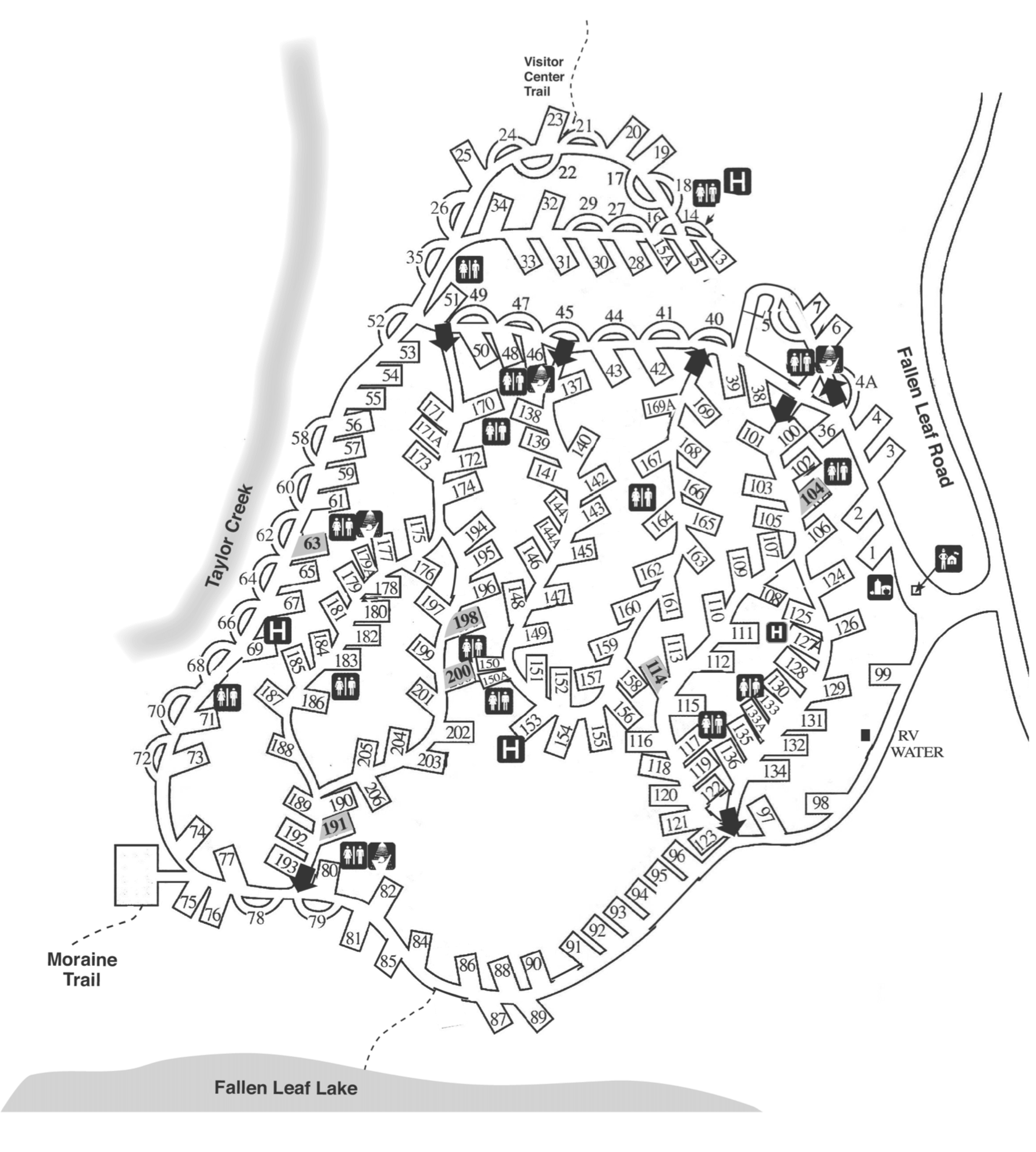
If you think you could run out of gas, consider throwing in an extra gas can. And if you’re going into the mountains, fill up before you leave the closest town. If moods reflect the weather, think about driving into town to eat dinner and warm up. Just because you’re camping doesn’t mean you have to suffer through pouring rain or hail. Unless you’re dispersed camping or you’re somehow the only one in your campground, follow quiet times, don’t play loud music and generally be considerate of those around you. Pack out your garbage and check your campsite before you leave, but also consider cleaning up any trash in the area even if it wasn’t yours.īe neighborly. Leave your site better than you found it.
#FALLEN LEAF LAKE CAMPGROUND BEAR ATTACK HOW TO#
Read Next: How to Choose a Campsite Final Thoughts on Camping Hacks & Tips Survey your surroundings before you set up a tent to be sure you aren’t sleeping where a tree could fall. Dead trees are called widowmakers for a reason. Either way, think about where the sun will rise and if you want to be warmed up early or if you’d rather have a bit more shade.Ĭheck for trees. Maybe you’re an early riser and enjoy the sun on your tent, maybe not. Think about how close you want to be to your neighbors, to water, to bathrooms or playgrounds before you choose a site and settle in.Ĭonsider the sun. Use online functions like Google Earth to check for characteristics like appealing tree stands, actual distance between campsites or proximity to water. Campground maps rarely reflect where the actual site may be, and if you aren’t familiar with the area, it’s easy to reserve a site wedged among dozens of campers with generators or downwind from the outhouse. Check online to reserve a campsite before you leave and consider dispersed camping if your preferred spot is full.ĭo your research. Many campgrounds require reservations, and even the ones that don’t are busy on popular summer weekends or holidays. How to Choose the Right Camping Spot It’s nice to pick a campsite with a good view, but that shouldn’t be your only consideration.

Pack a way to cut wood like a hatchet or small travel saw, first aid kit, extra matches and fire starter, flashlight, duct tape, needle and thread, solar battery charger and emergency blankets.


 0 kommentar(er)
0 kommentar(er)
